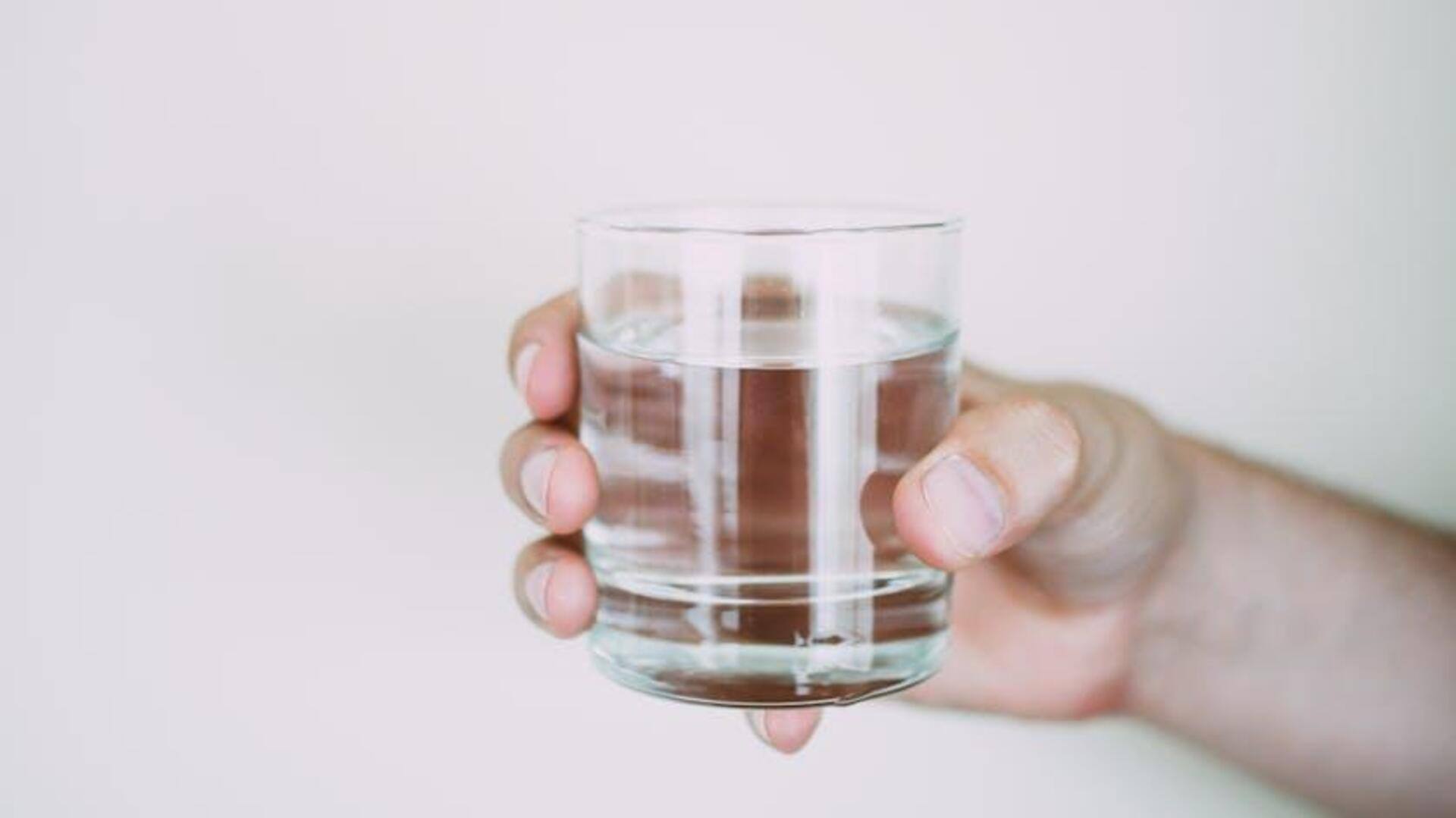
Drinking water before sleep: Myth v/s reality
What's the story
The notion of drinking a glass of water before bed is critical to health has been perpetuated far and wide. However, this practice may not be as beneficial as it appears. While hydration is important, the timing and quantity of water intake can differ according to individual needs and situations. This article addresses popular myths regarding the nightly glass of water and offers insight into more efficient hydration practices.
Personal needs
Hydration needs vary by individual
To note, hydration needs vary from person to person, depending on age, activity, climate, etc. You may need more water during the day if you're physically active or it's too hot outside, whereas, others may need less. It's important to listen to your body's signals instead of following a blanket rule about drinking water at night.
Sleep impact
Potential sleep disruption
Drinking a lot of water just before going to bed can also cause several trips to the bathroom at night. It can disturb sleep and impact the quality of rest. For those who face this trouble, it may help to modify their fluid intake earlier in the evening, instead of just before hitting the sack.
Overhydration concerns
Risk of overhydration
While dehydration is often discussed, overhydration can also pose risks. Consuming excessive amounts of water in a short period can lead to an imbalance in electrolytes, which are vital for bodily functions. Not only is it important to drink enough, but also not too much at once, especially if you're already well-hydrated throughout the day.
Evening options
Alternatives for evening hydration
Instead of solely concentrating on that one glass of water at night, try other methods to keep your hydration balance in check. Consuming high-water-content fruits or sipping on herbal teas can do wonders without bombarding your system just before sleeping. These options ensure hydration without the risk of sleep disturbances due to late-night fluid consumption.